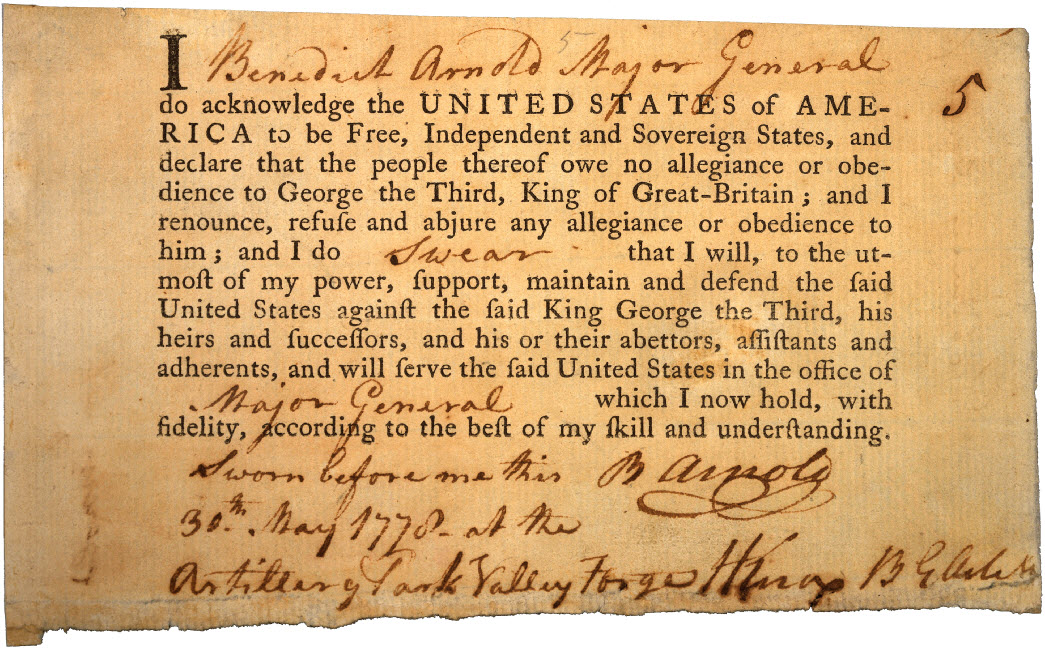Shadows of Discontent: The Turning Point
Even as the American Revolution raged on, internal politics and personal grievances began to cloud the horizon for some of its staunchest participants.
At the heart of this internal strife was Benedict Arnold, a military officer whose dedication on the battlefield was unparalleled.
However, beneath the accolades and heroics, discontent brewed. Despite the success, Arnold watched with growing bitterness as others, often with less experience or battlefield success, received promotions before him.
Take his undeniable role in the 1777 victory at Saratoga. It was a triumph that arguably secured French support for the revolutionaries. Yet, Arnold got a promotion snub in favor of five junior officers.
This blatant oversight by the Continental Congress became a significant sore point.
Mounting Frustrations and Issues
Compounding his frustrations were the accusations of corruption during his stint as Philadelphia’s military commander in 1778.
The city celebrated its liberation from British occupation. However, Arnold’s decisions to live lavishly and shut down businesses not vital to the war effort raised eyebrows.
Critics, including notable figures in the American Revolution like Joseph Reed, began questioning his integrity. Soon after, whispers of his misuse of power for personal gain became rampant.
A Shift In Arnold’s Personal Life
Amidst this backdrop of professional slights and personal allegations, Arnold’s personal life took a significant turn. He married Peggy Shippen, a young woman from a prominent Loyalist family.
Peggy’s connections, particularly her close ties to British Major John André, would prove pivotal in Arnold’s eventual betrayal.
In this turbulent period, it became painfully evident that the poster boy of the American Revolution was not just battling external British forces. Likewise, it also involved the inner demons of resentment, disillusionment, and a desperate need for validation.
The Ultimate Betrayal: A Pact with the British
For all its grand ideals and heroic skirmishes, the American Revolution bore witness to one of history’s most shocking betrayals.
In 1779, as the colonies fought for independence, Benedict Arnold initiated clandestine communications with the British. Major John André, the head of British intelligence and a close friend of Arnold’s wife, Peggy Shippen, was his liaison in this shadowy endeavor.
The prize Arnold offered was not just any military location but West Point. This fortress on the Hudson River was crucial for the colonists. It prevented British naval forces from splitting the colonies in two.
In exchange for this strategic gem, Arnold sought £20,000 (around £4.4M today) and a high-ranking position in the British army.
Major André’s Apprehension
However, fate had other plans. On September 23, 1780, American forces captured Major André near Tarrytown, New York. He had incriminating documents hidden in his boot. These papers, which detailed the proposed surrender of West Point, were damning evidence of the conspiracy.
As the noose tightened around the plotters, Arnold, receiving word of André’s capture, narrowly fled to the British side. He escaped aboard the sloop Vulture. While the unfortunate Major André faced the gallows for espionage, Arnold would don the red coat of a British brigadier general.
Legacy in the Aftermath of the Revolution

Benedict Arnold’s name has since become synonymous with betrayal. While he did serve with the British until the end of the war, his later life in England was marked by unfulfillment and regret.
He passed away in 1801, far from the land where he once held the promise of greatness.
The American Revolution, a seismic event that shaped modern democracy, was about tales of heroism and treachery. Benedict Arnold’s story serves as a potent reminder that history, at its core, is a chronicle of human choices, for better or worse.











COMMENTS